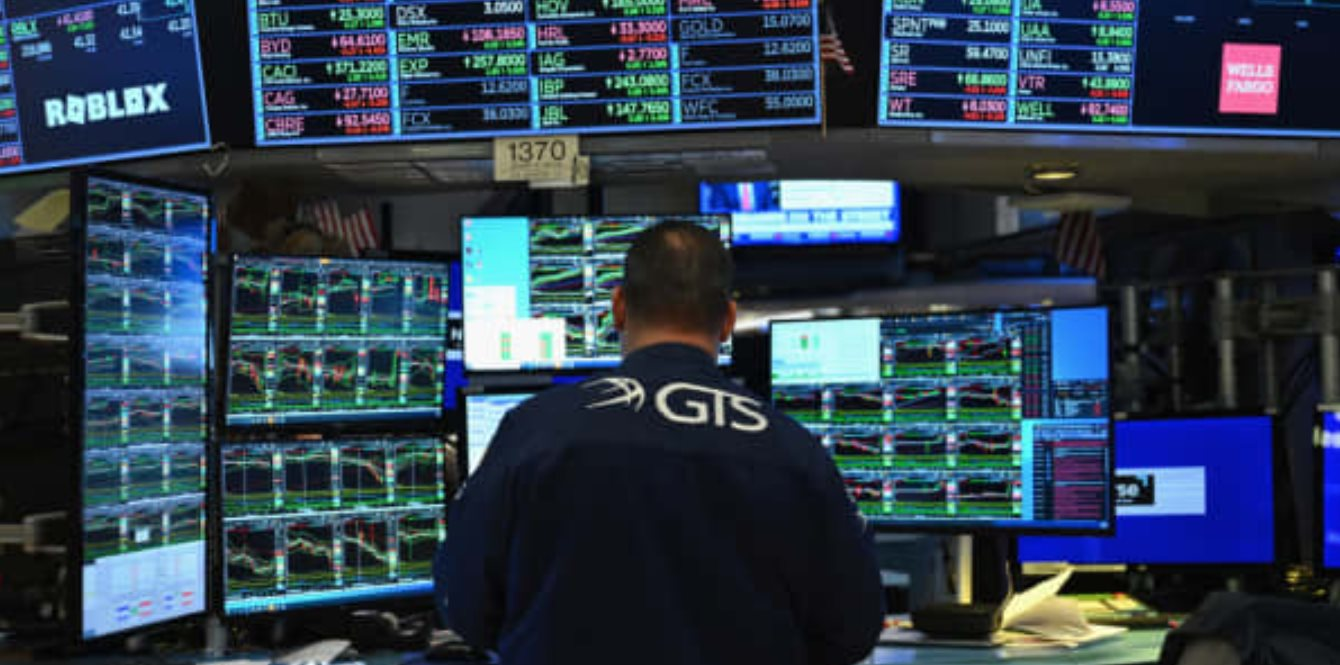The Top Concern of Investors Set to be Disclosed, Serving as a Crucial Basis for the Fed’s Interest Rate Cut Decision

The US Consumer Price Index (CPI) is expected to be released on March 12, and the Producer Price Index (PPI) will be published on March 14. If these data turn out to be hotter than expected, they will have a negative impact on the stock market and dampen prospects for interest rate cuts this year.
Currently, according to CME FedWatch Tool, many believe that the Fed will begin cutting interest rates by 0.25 percentage points in June. The expectations of rate cuts and the artificial intelligence (AI) frenzy have been driving the stock market’s upward momentum since late 2023. After reaching a record high the previous week, the S&P 500 experienced a sideways week.
Giuseppe Sette, co-founder and chairman of Toggle AI, said: “A truly accommodative Fed has played a role in launching this upward momentum since October last year. So, high inflation reports could be a real obstacle for the market.”
On a monthly basis, CPI for February is expected to increase somewhat compared to the first month of the year, but it may remain unchanged from the same period last year. Economists surveyed by FactSet are predicting a 0.4% increase, higher than the previous 0.3% increase. On an annual basis, CPI is forecasted to increase by 3.1%.
For core CPI, which excludes volatile food and energy prices, the projected data indicates moderate inflation. Economists predict a 0.3% monthly increase and a 3.8% increase on an annual basis. These figures are lower than the respective 0.4% and 3.9% increases in the January report.
However, Wall Street will pay particular attention to areas where inflation persists. In the January report, costs for healthcare, transportation, airfare, and particularly dining out increased. Another notable increase was in housing prices.
James Ragan, director of asset management research at D.A. Davidson, stated that consumer data comprises numerous categories, so it cannot be expected to reverse price declines after just one month. This will take time.
The impending data release will also provide insights into the health of consumer spending, as recent business reports and increasing delinquencies have raised concerns among investors.
According to FactSet data, the corporate earnings reporting season has been stronger than expected. S&P 500 profits increased by 4.1% in the fourth quarter. However, despite the excitement surrounding AI’s potential, some consumer-focused companies have presented more cautious comments.
Last week, Nordstrom shares fell by 18% after the retail chain warned of potential declining sales this year, even though it exceeded expectations in Q4.
Meanwhile, overdue credit card debt last year is believed to have increased by more than 50%, with consumer debt rising to $17.5 trillion, signaling “financial stress”. This, combined with any signs of increasing inflation, could put pressure on consumers.
Ragan at D.A. Davidson said: “Moderate inflation is not necessarily bad for consumers. But it will likely change spending habits to some extent.”
Additionally, on Thursday, Wall Street will receive February retail sales data. Economists surveyed by FactSet are predicting a 0.9% increase in February, reflecting increased spending in the first month.
Kathleen Grace, CEO of Fiduciary Family Office, said: “The stronger the consumer, the more positive things will happen in the coming weeks.”
